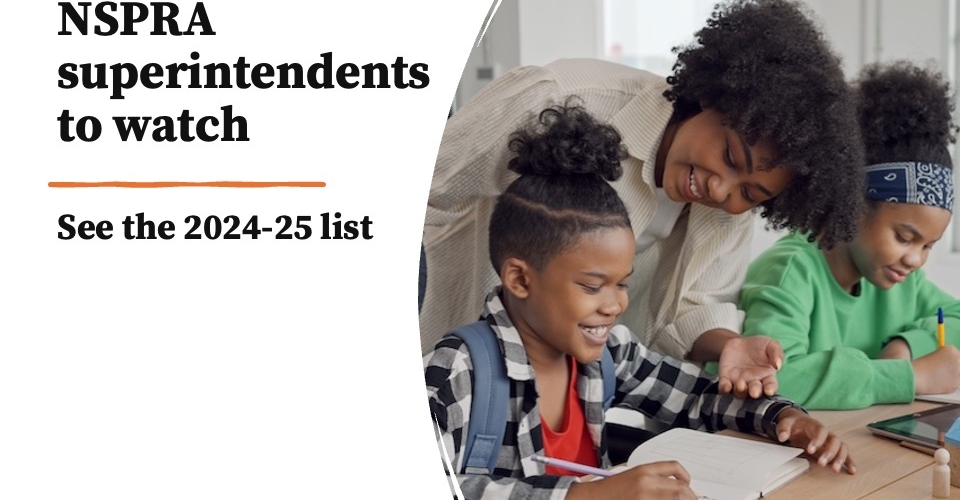No matter how much teachers demand PD, experts and educators are still looking for effective ways to measure professional development’s impact on student achievement. A new analysis of the work of multiple professional learning organizations has revealed some concrete solutions to help make stronger connections.
“We are working in environments where teacher and leader time is short, where privacy rules rightfully require considerable protections for sharing information, and where the capacity for data collection and analysis both within districts and within our organizations is limited,” write the authors of Measuring Teacher Professional Learning, a new report from the Research Partnership for Professional Learning. “This means that we try to develop and pick instruments that can meet multiple needs simultaneously.”
The biggest challenges facing PD include a lack of practical measurement tools, insufficient attention to equitable measurement, wide variations in data collection across districts, capacity constraints and general misalignment of research priorities.
Priming professional development
The researchers behind the report say they are optimistic that the PD field will see innovation in the near future. “We see tremendous opportunity to address some of the challenges by focusing on equitable and practical measurement, combining measures that elevate marginalized needs and voices with a process orientation around quick turnaround data for continuous improvement,” they write.
Sustaining and scaling PD requires school districts and their professional learning providers to determine which measurement tools best meet educators’ needs. School leaders should identify and publicize “the value of using practical and equitable measures, especially in helping educators improve their practice and classroom environments in service of equitable student outcomes.”
The vaping crisis: Districts resort to dramatic measures, including indictments
Schools need to share data comprehensively with their partners, determine what new sources of data they need to tap into and allow their PD providers to compare data with other district clients. Several solutions are being tested by PD providers, including:
- Creating comprehensive frameworks for data collection: Teaching Lab tracks short-term goals by continuously analyzing data that is aligned to specific PD services. This includes participant feedback surveys and course assessments. Medium- to long-term progress is tracked by collecting data at the beginning and end of the school year with teacher surveys, classroom observations, and student surveys and student work samples.
- Embedding transformative social-emotional learning: City Teaching Alliance* (formerly known as Urban Teachers) uses “transformative SEL” to provide students with greater psychological safety to take intellectual risks when learning challenging content.
- Boosting internal and external capacity: Teach For America measures the link between teacher training, students’ experiences of learning conditions and improved educational outcomes. It uses the Cultivate for Coaches survey, which requires embedded coaching support for individual teachers. Teachers are encouraged to test new methods and techniques between surveys.
- Prioritizing equitable and culturally responsive measurement: Student Achievement Partners helps educators design instruction that capitalizes on the assets of historically underserved and marginalized students. Its “e² Instructional Practice Framework” defines high-quality instruction as being on grade level, joyful, culturally responsive and linguistically sustaining.
- Measuring beyond teachers’ instructional practice: The New Teacher Center‘s observations focus on classroom conditions that support social-emotional learning and learning differences. It is now developing a rubric to measure specific practices teachers can use to create emotionally, intellectually, and physically safe environments and to implement equitable, culturally responsive and standards-aligned instruction.
District Administration‘s Superintendent’s Playbook series examines how superintendents, principals and other administrators are solving common problems that today’s educators are facing.



